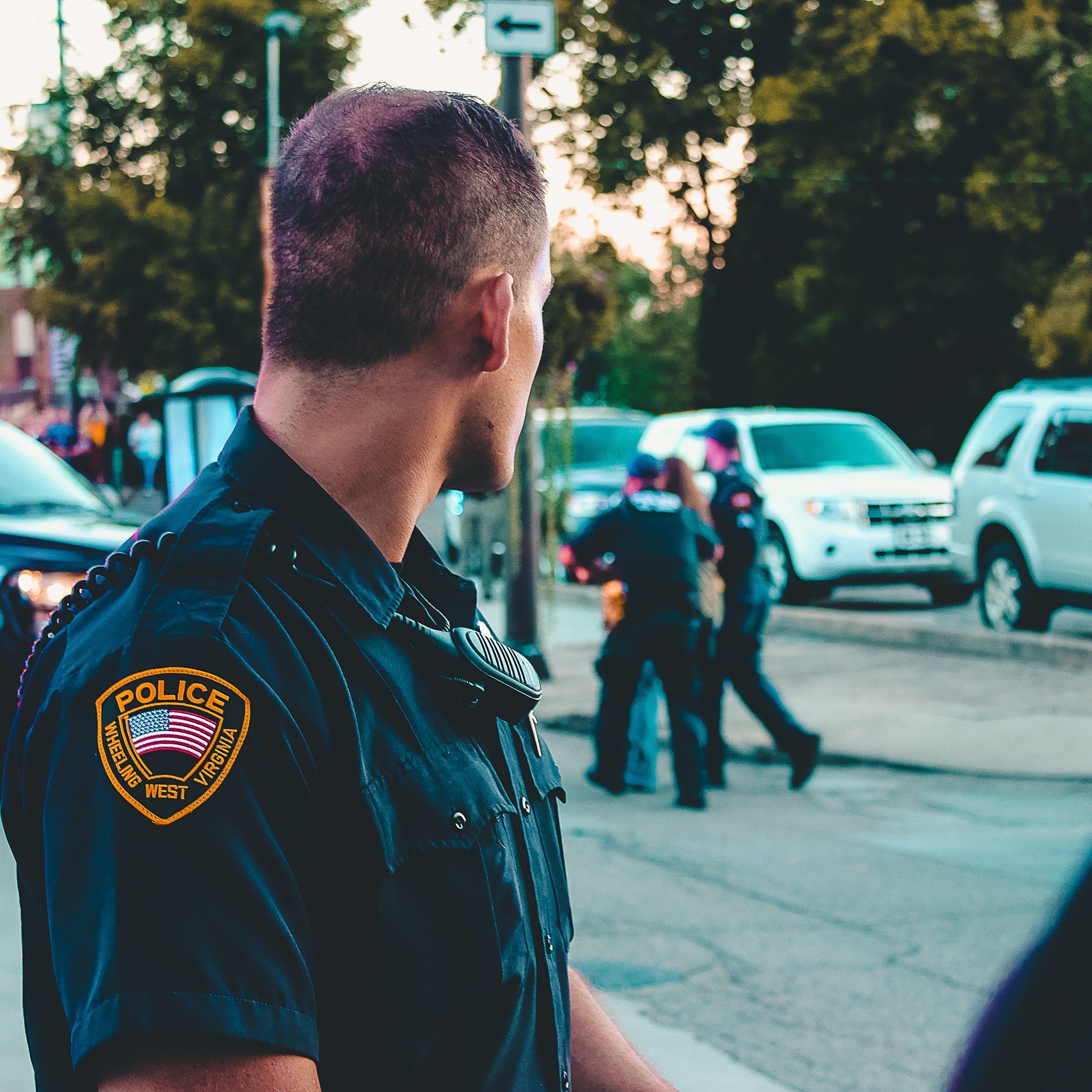
Resisting Arrest: A Method for Legitimizing Controversial Arrests
David Walton
Oct 03, 2023
Estimating the exact count of individuals arrested solely for resisting arrest proves challenging due to inconsistent or scarce reporting by law enforcement agencies. Nonetheless, instances of individuals facing charges solely for resisting arrest, without additional charges, are not uncommon. Such cases highlight the intricate dynamics of law enforcement encounters, where charges can arise even without physical violence.
To ascertain the prevalence of arrests for resisting arrest, we initially turned to the Federal Bureau of Investigation's (FBI) Uniform Crime Reporting (UCR) system, implemented in 1930. This system aims to provide reliable arrest statistics for law enforcement and the public. However, merely 69% of the roughly 18,000 U.S. law enforcement agencies consistently participate, and much of the collected data remains incomplete. The participation breakdown across the most populous states is displayed below:
California: 49%
Texas: 87%
Florida: 8%
New York: 24%
Pennsylvania: 9%
Illinois: 52%
Ohio: 73%
Georgia: 66%
However, UCR's limitations are exacerbated since it tracks only 31 arrest categories, including the broad "All Other Offenses (Except Traffic)" category, which encompasses various charges, including resisting arrest.
"Blacks were 10 times more likely than whites to be arrested for resisting"
Turning to investigative journalism, we discovered numerous news articles on resisting arrest over the past decade. Among these, "San Diego NBC 7," published on February 9th, 2020, stood out as the most comprehensive. The report revealed that in 2019, 228 individuals in San Diego were arrested solely for resisting arrest. Of this total, 81 were black, 78 were Hispanic, and 54 were white. Upon closer analysis, the data unveiled that blacks were 10 times more likely than whites to be arrested for resisting.
The report also highlighted a pervasive concern. When a black individual is being apprehended, officers often shout "stop resisting," even when there is no apparent resistance. San Diego community activist Bishop Cornelius Bowser emphasized that implicit bias plays a significant role in such instances, suggesting that the law enforcement culture tends to associate black individuals with crime. Moreover, Bowser expressed that criteria for resisting—encompassing delaying and obstructing officers—can be exploited by the police to legitimize controversial arrests.
This raises a crucial aspect of resisting arrest: its subjectivity, particularly in non-violent cases. Whether an individual is resisting arrest depends on the officer's interpretation. Innocent confusion on the part of the individual can be perceived differently by the officer, leading to misunderstandings and disputes. In such situations, legal representation becomes essential.
Resisting arrest charges underscore the delicate balance between law enforcement authority and individual rights. These charges, shaped by subjective interpretations, underscore the significance of legal representation and understanding rights in such scenarios. However, due to the lack of comprehensive nationwide data on those arrested for resisting arrest, the true scope and frequency of these subjective arrests may remain elusive.
#ResistingArrest #PolicingDisparities #SocialJusticeMatters #EquityInPolicing #InformedEngagement #StopResisting
← Older Post Newer Post →

